Every week we release educational videos related to hot topics in the mortgage industry on YouTube.
Subscribe to our channel to stay in-the-know!
Pre-approval is a process that reviews not only your credit, but your income documents such as pay stubs and W2 forms, as well as your asset statements to verify monies for down payment and closing costs. Depending on your specific situation, there are other documents that will be required. You can download a list HERE!
Pre-approval is generally good for 90 days. This is because documents expire, such as pay stubs, as well as credit. However, since your application is already on file with the lender, it will be very easily updated at a future point. Just keep pay stubs and bank statements easily accessible to upload at a future point should your home search go past the 90-day period. Here is my recent article on everything needed to get a pre approval!
Pre-approval requires review of supporting income and asset documents. Credit is a crucial component of your profile, and is mandatory for the lender to confirm your lending viability. Concerned about pulling credit? Here is my video about The Truth About Credit Inquiries!
Yes, pulling credit with a mortgage company will result in a hard pull. Did you know that there are over 25 formulas of credit, and the ones that lenders pull is often different from what you see on many of the consumer sources available to you? Here are some secret tips I have found that you will never find on the internet!
Not necessarily. Did you know inquiries are only 10% of your score? An isolated pull from a mortgage company/companies will have less impact on your score than a maxed-out credit card or delinquent payment. Furthermore, pulls from a mortgage company within a 30-day period, only count as one for calculation purposes, and are not reflected into your score for 45 days.
Big banks are everywhere! They definitely serve a purpose with an array of products from mortgage, to credit, to checking services. This can be viewed by some as a pro, but by others a con. The big banks have a lot of departments, red tape and therefore can be more cumbersome for the consumer. A mortgage company on the other hand, especially a LOCAL one, has only one product and expertise - MORTGAGE! They usually are more streamlined and accessible to the consumer as a direct point of contact, versus multiple departments like a bigger bank. Here are some tips I have compiled on how to choose a lender!
All Rights Reserved | Jennifer Hughes Hernandez | Senior Loan Officer | NMLS #514497
Full service residential lender with an experienced team offering expert service, reliable communications and on-time closings in the greater Houston area.

Every week we release educational videos related to hot topics in the mortgage industry on YouTube.
Subscribe to our channel to stay in-the-know!
Gardner Financial Services, Ltd., dba Legacy Mutual Mortgage, NMLS #278675, a subsidiary of Texas Partners Bank. 18402 U.S. Highway 281 N, Ste. 258, San Antonio, TX 78259. AZ BK-2001467. Check registration and licensing at nmlsconsumeraccess.org. Legacy Mutual Mortgage is an Equal Housing Lender. This is not a commitment to lend. Material is informational only and should not be construed as investment or mortgage advice. Legacy Mutual Mortgage is not an agency of the federal government. Not all loan products are available in all states. All loans are subject to credit and property approval. Not all applicants qualify. Restriction and conditions may apply. Information and programs current as of date of distribution but may change without notice. [11/2025]